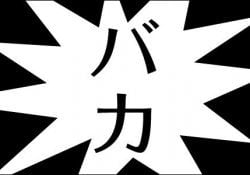The Japanese have an extensive collection of habits and customs that are interesting to learn. and in this article we will look at some of those customs. We will cite random customs, manners, rules and habits. Unfortunately there is no way to categorize this article, we will only mention the most common, and important facts that you should know.
See also how "How the Asian Culture Can Create a Happy Home",.
We also recommend reading:
- What Does Maji Mean in Japanese?
- Watashi, boku, ore - How to say "I" in Japanese?
- List of Japanese male names with meanings
Índice de Conteúdo
It might be rude to put your own drink
Instead of you putting your drink or someone putting the drink for everyone, eventually someone will notice and fill your glass. Just remember it's a bit rude to fill your own drink.
When drinking with friends, expect Kanpai
Drink before they say Kanpai, a type of toasting among friends. It is considered rude and undisciplined. This usually happens when drinking Sake and Beer in a meeting, celebration among friends or coworkers.
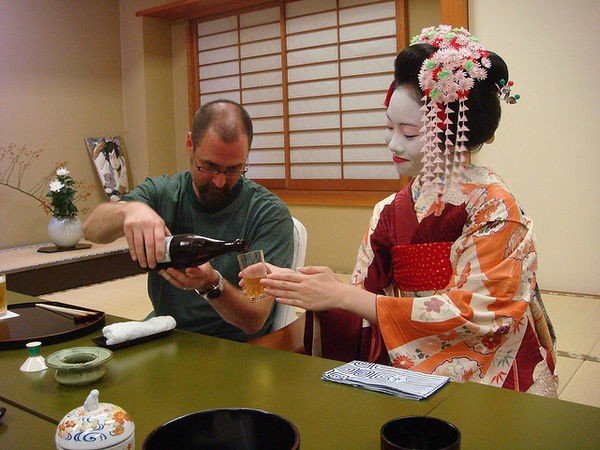
Holding hands when doing business
It can be common to hold hands, when closing deals, it is not necessary to bow if you have held someone's hand;
The article is still halfway through, but we recommend also reading:
Yukata
This outfit, in addition to being popular at summer festivals, is often used as pajamas, especially in hotels and onsen. In some cases you can drink coffee using the yukata. In addition, the female Yukata must be securely fastened, you will be without underwear and it opens ..;
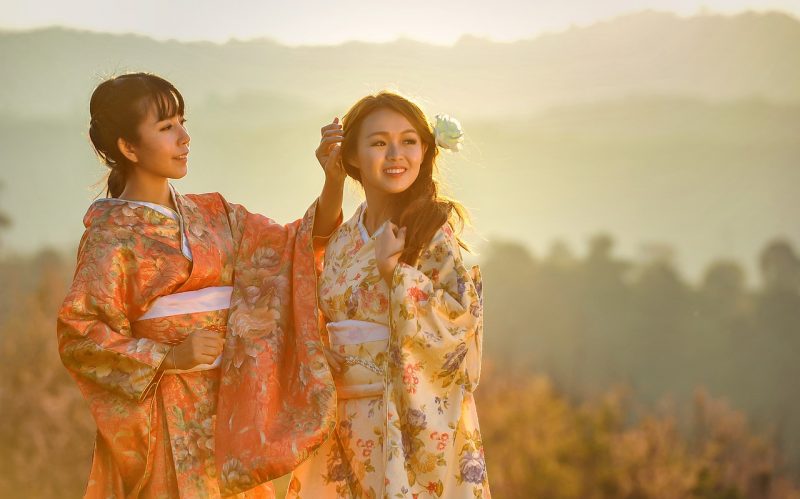
Flip flops
Some bathrooms or other places offer flip-flops to access certain places, just remember not to leave the place with them;
Generally, flip-flops should not be worn on tatami floors. In a ryokan, flip-flops are often only worn in the hallways.
Read also: Zori - Hawaiian or Japanese Sandals?
Garbage and Recycling
There are many rules on how to pack garbage and collection for recycling that varies by municipality. So you must pay close attention to details so as not to do it wrong;
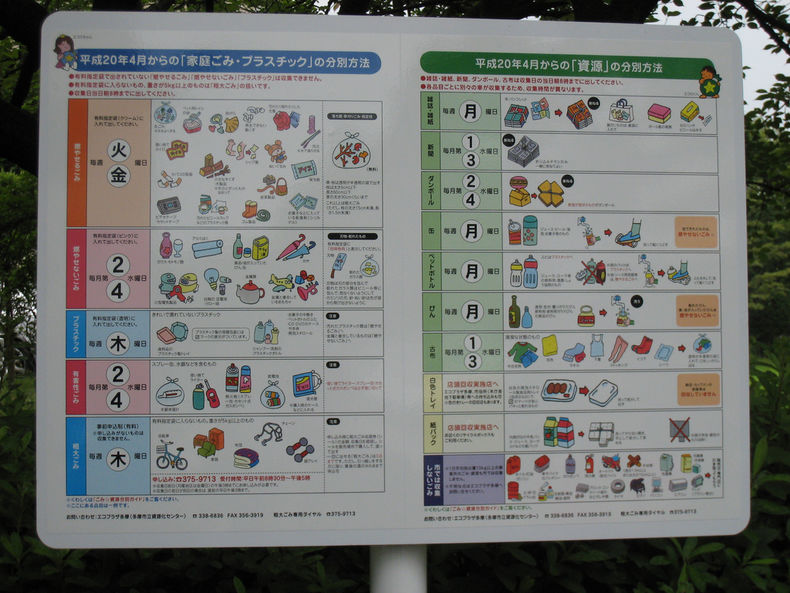
Play with the Hashi
Use Hashi only for eating, that's how the Japanese do it, besides involving hygiene, Hashi represent many traditions and cultures, playing with them can be disrespectful;
Read also: Hashi – Tips and Rules on how to use and hold chopsticks
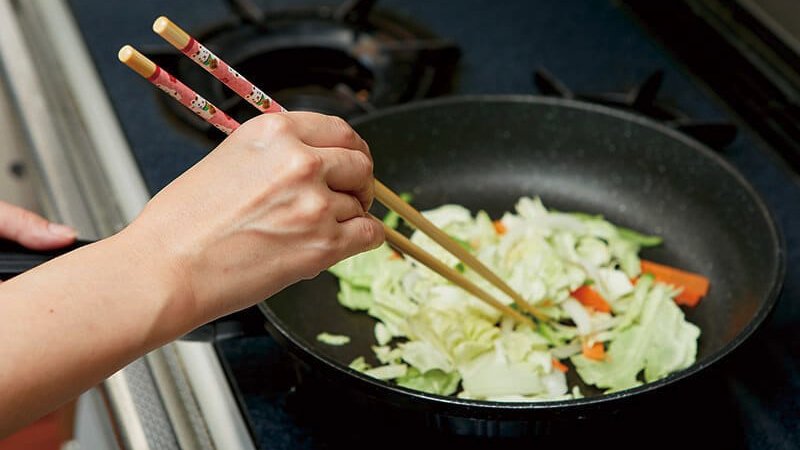
Point the finger
It is considered threatening in Japan; instead of pointing with fingers, Japanese people tend to point in a direction with an open hand. Verbal instructions without gestures are also very common.
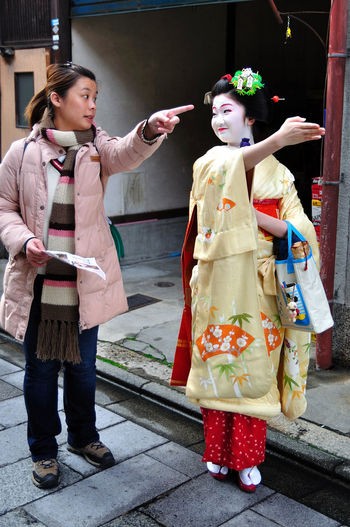
take a dirty bath
Both in public baths, hotels and at home you will come across a bathtub. In Japan, bathing is seen as a relaxing leisure activity rather than an act of cleansing the body. The Japanese usually wash themselves in the shower before getting into the bathtub, and avoid any soap residue in the bathtub. (or ofuro).
Towels in the thermal baths
People bring small towels with them to the bathing areas. These are used to clean the body before entering the bath. They are also a tool of modesty to hide small parts of their body when standing. The towels cannot get wet. So it is common to use them on the head.
We recommend reading: Onsen - Natural Hot Springs of Japan
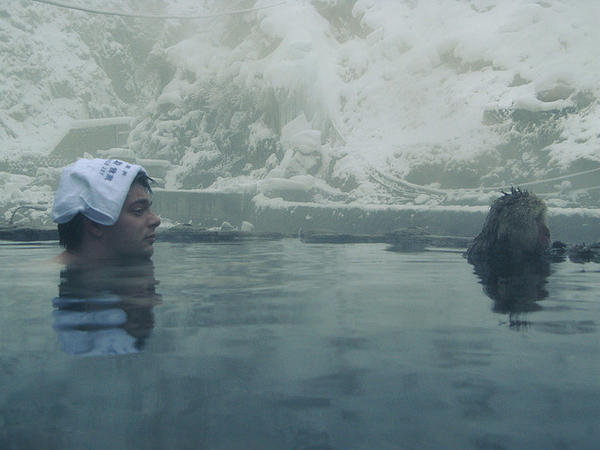
Oshibori
Many restaurants offer a moist towel called Oshibori, which is used to lightly clean hands before meals, so it should be avoided to use on the face or as a napkin, it is considered rude;
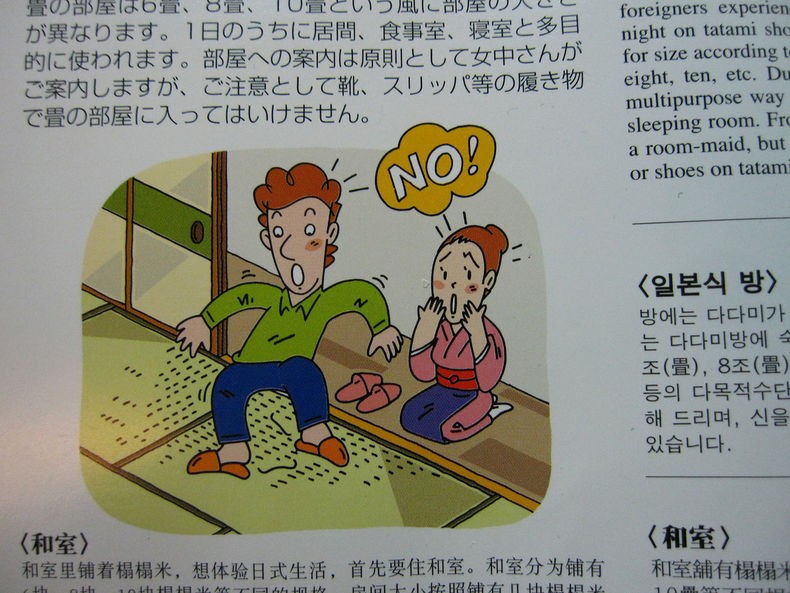
Blow your nose
Blowing your nose in public is considered rude. People usually go to the bathroom to blow their nose. Sniffling, on the other hand, is generally considered normal.
Touches and Hugs
We know that hugs, pat on the back among the Japanese are not common. Even lovers tend to avoid physical intimacy in public places. Therefore, avoid hugging or holding hands with strangers, except if they are holding a sign that says "Free Hugs."
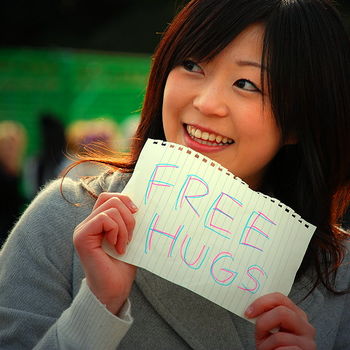
smoking
Walking and smoking is seen as dangerous and reckless for a variety of reasons, with the biggest being the idea that you could accidentally burn someone on a crowded street.
Itadakimasu and Gochisosama deshita
At every meal you must say Itadakimasu before eating and Gochisosama at the end of the meal, they are important customs that involve several things and meanings.
Both words have several translations such as thank you for the food, I humbly accept the food, thank God for the food, it was a good meal.
This custom, despite having a little spirituality involved, it is a cultural thing performed by everyone regardless of having a belief or not.
Read also: Itadakimasu and Gochisousama - What is the real meaning?
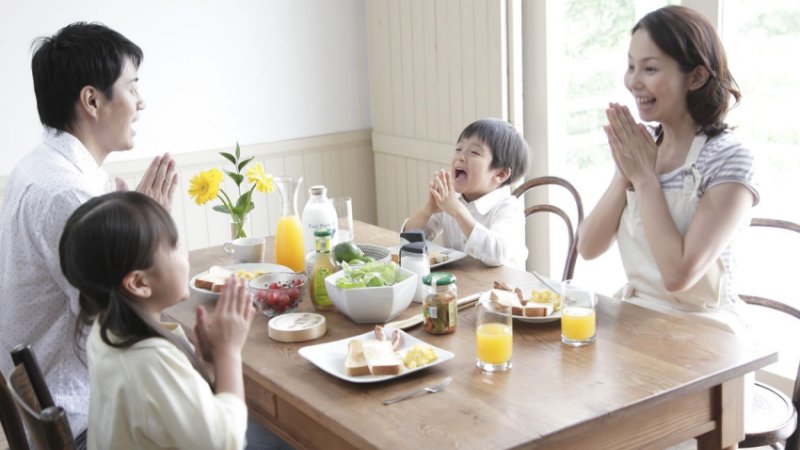
names
You should call the person by their last name and use the more common respect suffix “-san”. Unless you are very close friends with a person, you can call him by his first name;
We recommend reading: List of Japanese surnames 200+ Origin and Meanings
soups
Soups are eaten with a spoon, of course. But it's okay to grab a bowl of soup to drink straight from it. This is quite common;

Well, these are just some of the customs and habits that surrounds Japan, in fact, there are thousands of rules and customs related to each item mentioned in this article, such as eating with chopsticks, or in the bathroom. This is just another explanatory article, because there are thousands of cultural differences and customs that can be found in various articles on this site.

